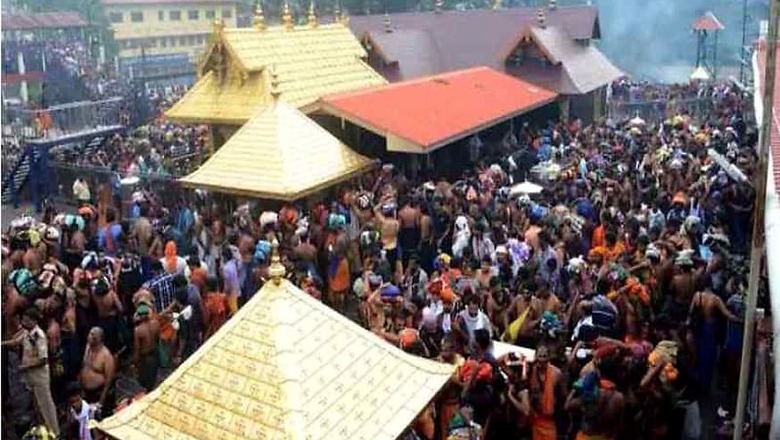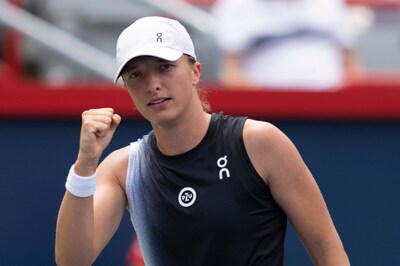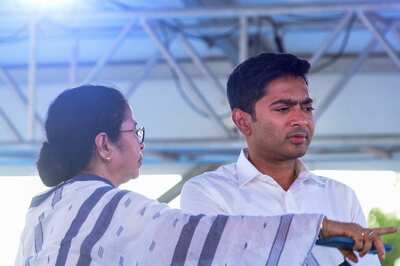
views
New Delhi: As the debate over prohibition of women's entry into the famed Lord Ayyappan Temple continues, there seems to be a change in stance of the Travancore Devaswom Board (TDB), which had earlier said that women in 10-50 age group were barred because they “can’t observe the 41-day fast”. The board is now likely to submit a fresh affidavit in the Supreme Court supporting their entry.
According to a report in Hindustan Times, the board, which administers the hilltop shrine in Sabarimala, will submit the fresh affidavit soon. They quoted the grandson of temple tantri (supreme priest) as saying that in Sabarimala there is no discrimination.
“Different temples have different customs. In Sabarimala there is no discrimination, there are some restrictions. It is because of the nature of the deity,” grandson Rahul Eswar said.
When the CPI(M)-led state government supported the move to open temple doors for women, the TDB took a different position in the apex court on Thursday. The TDB’s position had left many red-faced with state devaswom minister Kadakampally Surendran questioning the board’s stance.
Senior counsel Abhishek Manu Singhvi, appearing for the temple board, said the basis of the temple practice was related to the celibate form of the deity, “naishtika brahamchari” (eternal celibate).
He said women of procreating age can’t be permitted because they can’t observe the 41-day penance before the pilgrimage. He said if the devotees believe in the in the deity of Sabarimala (Lord Ayyappa), they must respect the tradition of the temple and observe its practices.
However, TDB president A Padmakumar said, “What the counsel told the court is the decision of the former members of the board. The TDB is yet to take decision on it. We will have a meeting soon and inform the court accordingly.”
He said the board will also consult Pandalam royal family (erstwhile custodian of the temple) and the tantri’s (supreme priest) family. Both are opposing any move to dilute the age-old custom of the temple. Devaswom commissioner N Vasu also distanced from the stand taken by the counsel in the court. “The court is yet to hear the new board. We will have a meeting soon and take an appropriate decision,” he said.
Earlier, the top court had criticised the state government saying it had changed its position four times. Before that, the Congress-led United Democratic Front (UDF) regime had supported the status quo.
The apex court had in October last year formed the constitution bench to hear the case and decide on four significant questions, primary among which is whether the ban amounts to discrimination against women. The petitioner - the Indian Young Lawyers Association - has challenged the 800-year-old practice of the shrine.
Justice DY Chandrachud, who was part of the five-judge constitutional bench that was hearing the case, had said on Thursday, "Every woman is also the creation of God and why should there be discrimination against them in employment or worship."


















Comments
0 comment